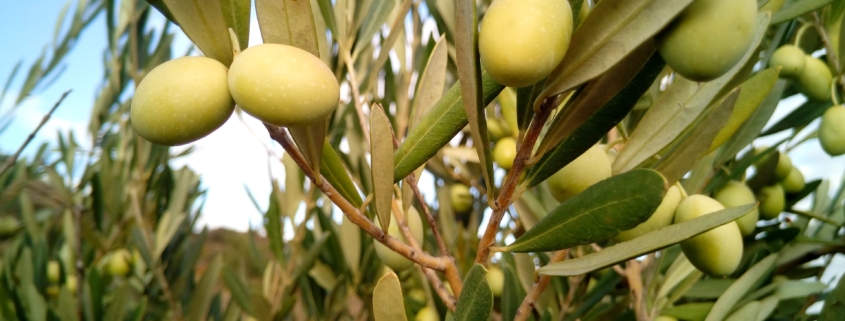The history of olive oil
Our beloved olive oil carries a long history throughout the past, holding a significant role as part of people’s dietary habits but also trading processes.
Mesogaea respects this long journey and strives to keep every little aspect of the experience gained across the eras, adding to Greece’s pure and healthy olive oil.
Olive trees have said to exist even before human beings. Fossils of olive leaves have been found in the Greek islands of Evia and Santorini around 40 million years ago. During the Middle Neolithic Period, human civilizations began to use olive oil. Minoan Crete was the major producer, using it both as part of their diet, but also exporting it to other parts of Greece. The deciphering of Linear B brought to light records written in ideograms, proving that olive oil’s production, consumption and exportation was vital for Minoan Crete. The Mycenaean civilization adopted Minoan techniques in the cultivation and commerce of olive oil in mainland Greece. According to archaeological discoveries, olive oil was not only part of the diet, but was used as a food preserver, medicine, lubricant and perfume; it also played an important role in religious ceremonies.
Passing on to the Classical Ages, the olive tree was known to be the sacred tree of Athens. According to Greek mythology, the goddess Athena produced an olive tree in order to win over a fight with god Poseidon. The olive tree was considered as more valuable, so Athens received its name after the goddess. Also, olive wreaths were given as prizes during the Olympic Games – a symbol of peace and friendship; during the Panathenaic Games, large jars of olive tree were awarded to winners.
During the Roman and Byzantine Empire, exportation of olive trees and oil continued to spread. Monasteries and monks played a vital role in olive oil’s production. After the spread of the Ottoman Empire, the production of olive oil was not altered. The product itself, among other traditional products, kept alive the traditions that formed afterwards the Greek nation. Christian Orthodox church included olive oil in its rites, as a symbol of love and peace.
This was the journey of the Greek olive oil, offered today by Mesogaea. Both rich in history and in taste, it is the organic olive oil that was missing from your kitchen!


Leave a Reply
Want to join the discussion?Feel free to contribute!